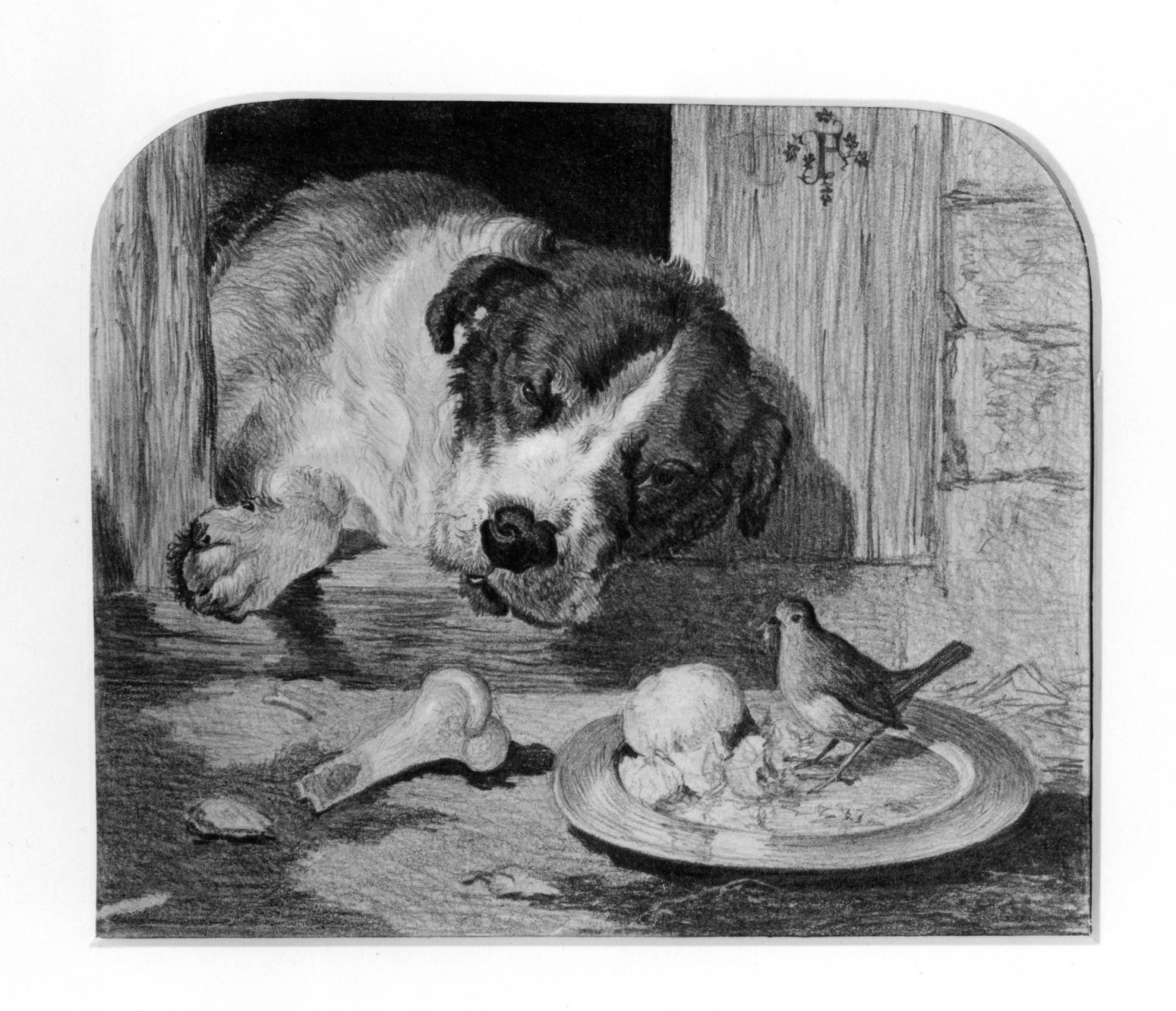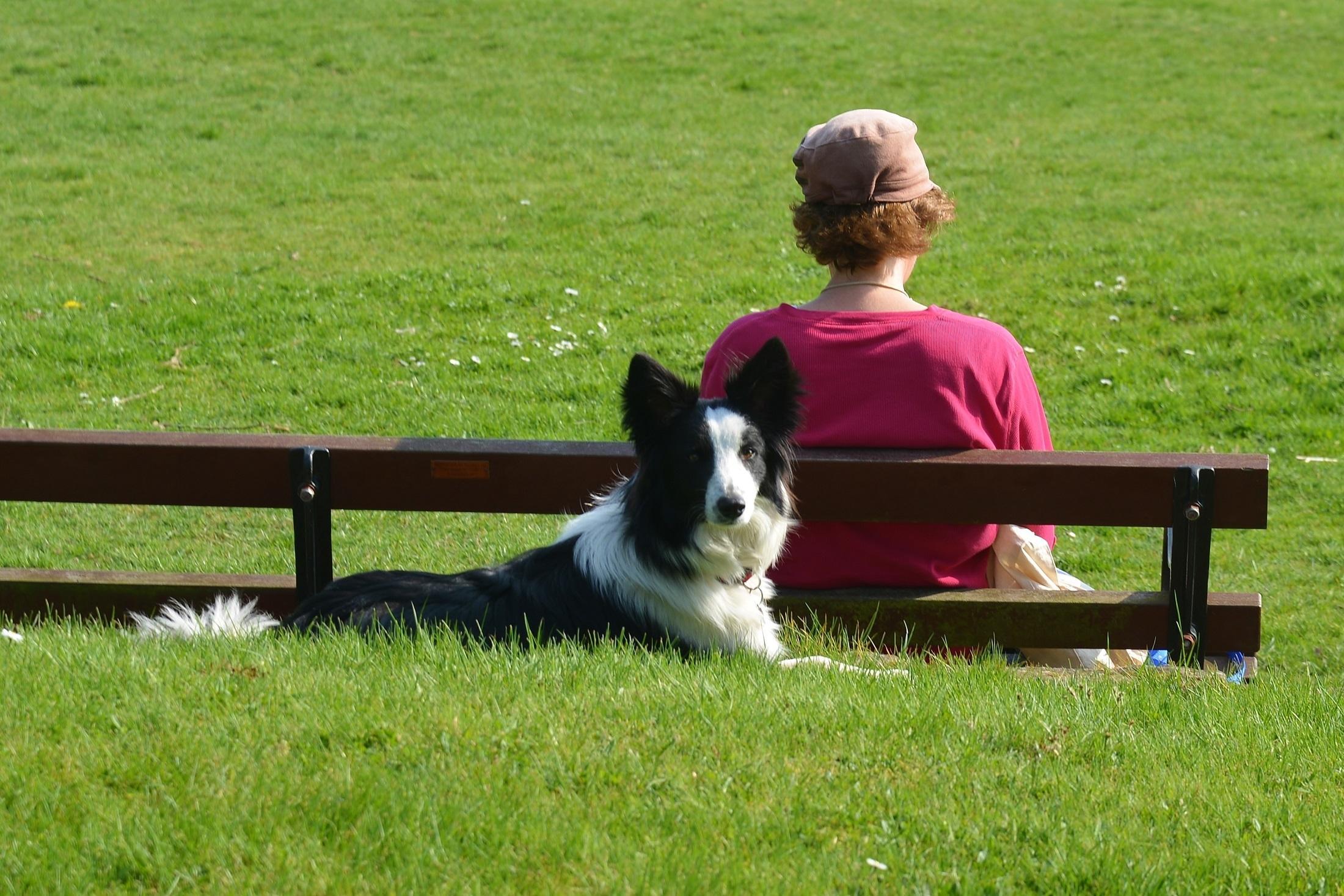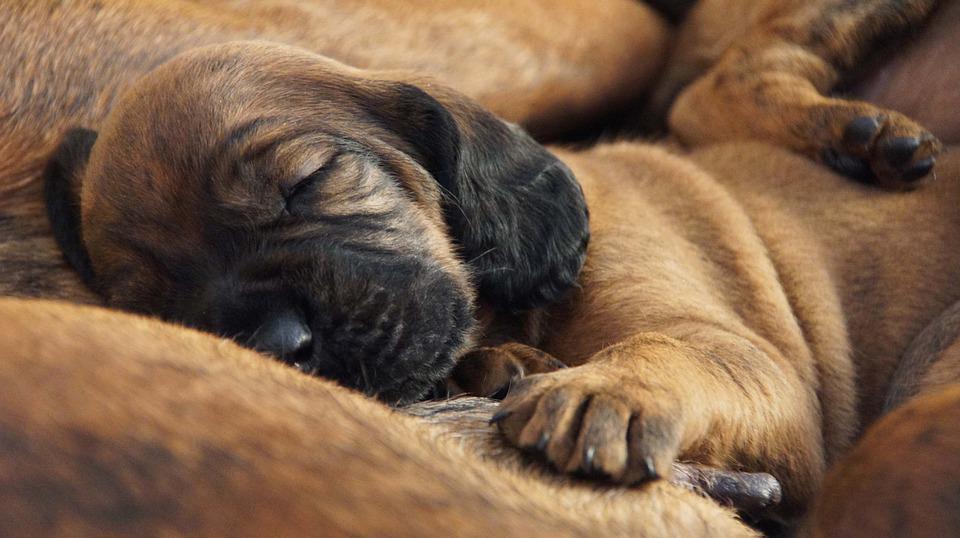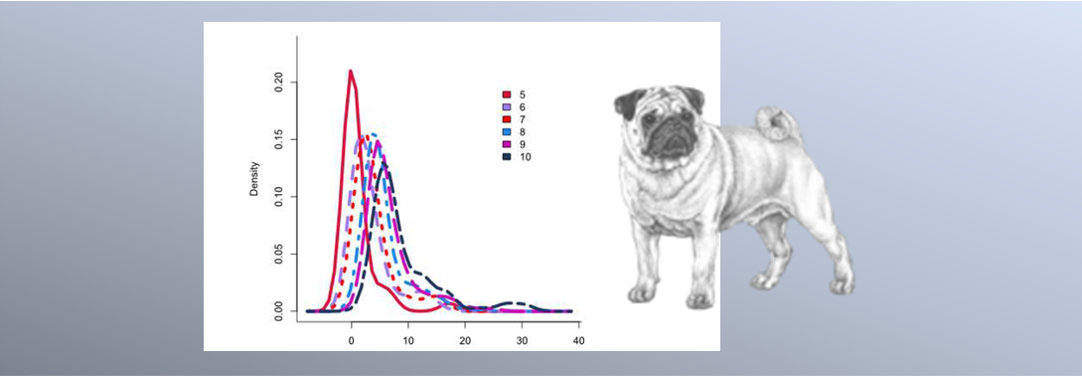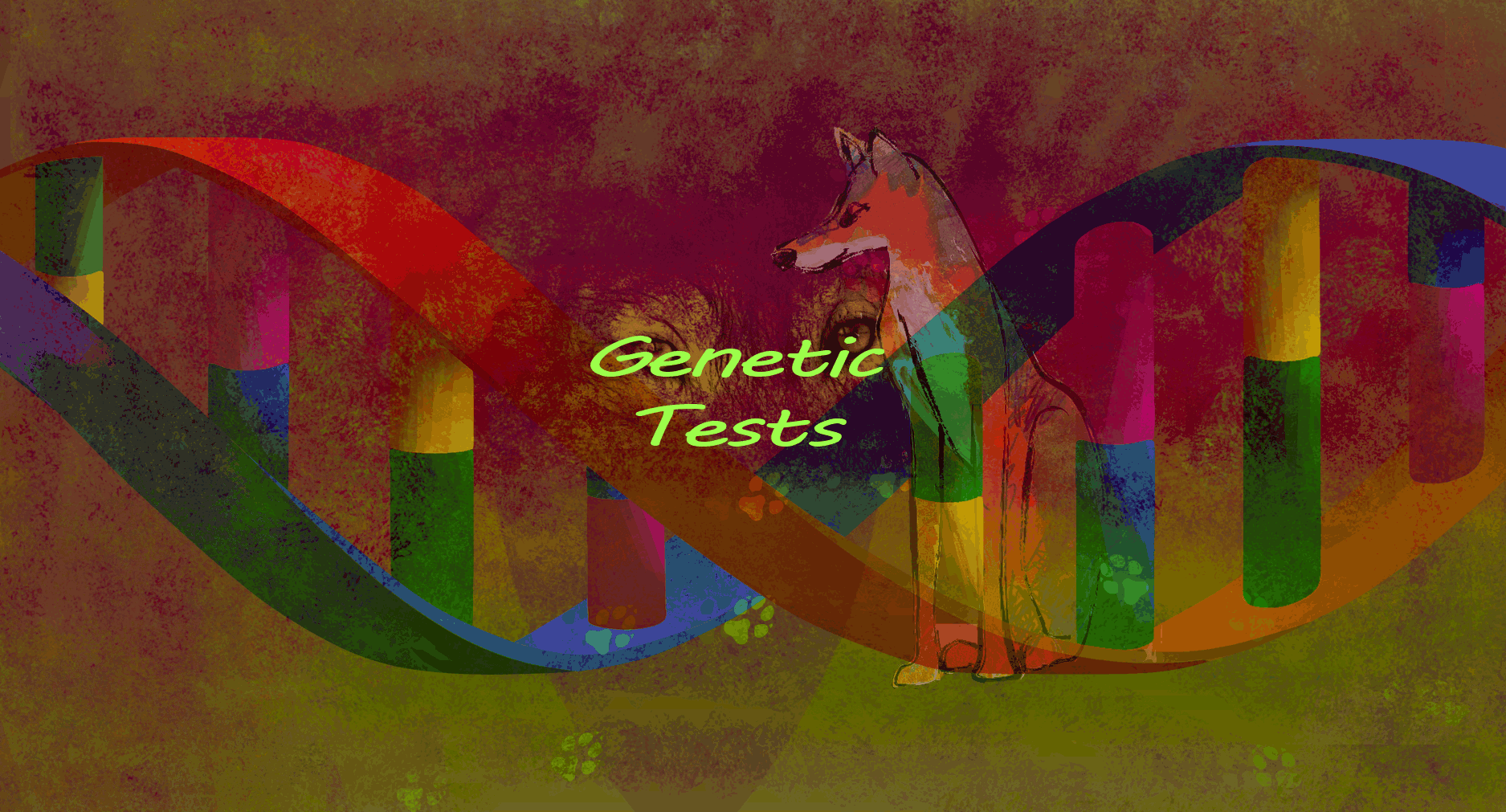- 0 Comments
- 2,026 views

A group blog by Research Impressions in
General
-
Entries
32 -
Comments
2 -
Views
23,321
Contributors to this blog
- 18
- 6
- 4
- 3
- 1
About this blog
Here we will be featuring links to current research that may be of interest to clubs, health committees and dog breeders. Comments and perspectives will be posted as time permits. Viewpoints and impressions - dog breeder, veterinary epidemiologist, health club advisor
Entries in this blog
- 0 Comments
- 2,336 views
- 0 Comments
- 2,378 views
- 1 Comment
- 2,826 views
- 1 Comment
- 3,469 views
- 0 Comments
- 1,257 views
- 0 Comments
- 969 views
- 0 Comments
- 5,202 views
- 0 Comments
- 8,245 views
- 0 Comments
- 2,834 views
- 0 Comments
- 1,292 views
- 0 Comments
- 2,708 views
- 0 Comments
- 2,001 views






